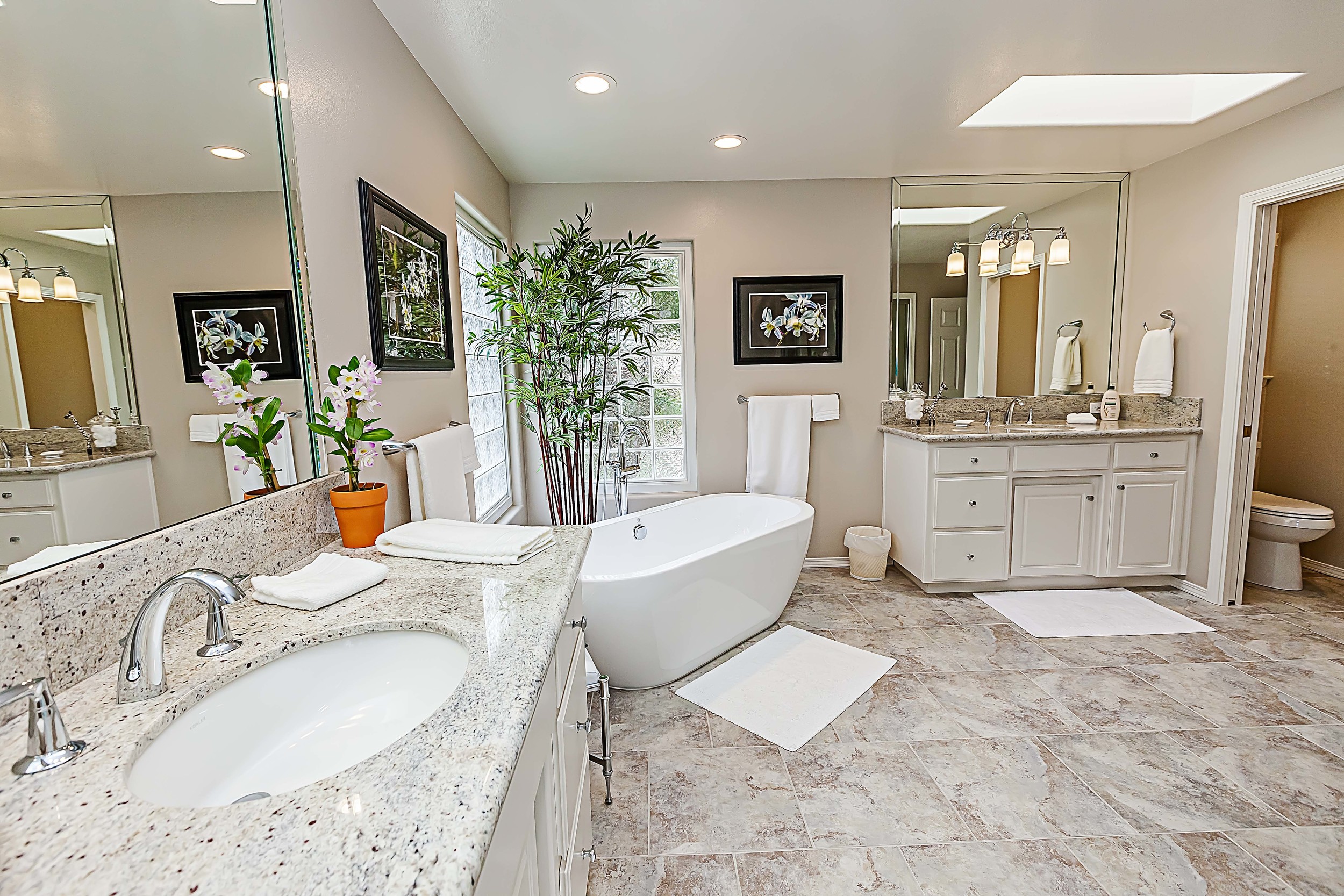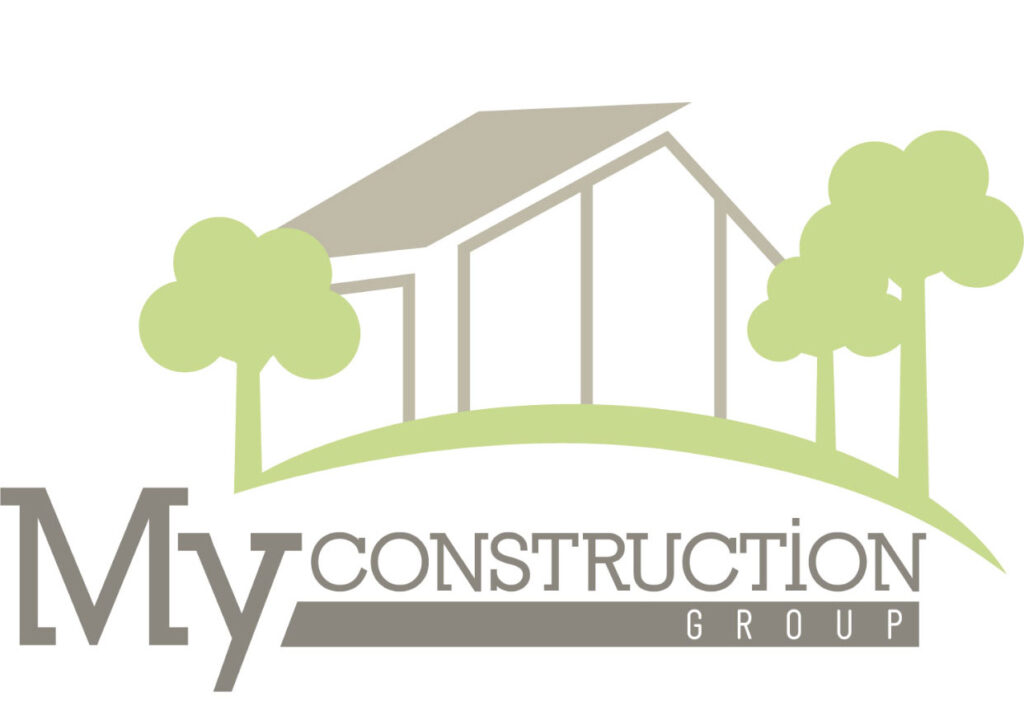

A home is a place where people can be themselves. It is a place to live, but it’s also the most personal space in the world. That’s why home renovation services are so sought after and widely desired by homeowners.
This is especially true of the past year-and-a-half. With more folks spending time at home during the pandemic, home improvements have skyrocketed. But before you go ahead with planning your home renovation project, there are five key facts that you need to know about it first:
Table of Contents
- What is a home renovation?
- How often should you renovate your home?
- Who can perform home renovations?
- What are the general costs involved in home renovation?
- When should you hire a contractor?
- Conclusion
What is a home renovation?
When starting to discuss home renovations, it’s vital to understand what a home renovation really is and how it is different from a home remodel. Renovate means to restore to a good state of repair, or to make something “new” again. For example, if a kitchen is renovated, it will still be a kitchen when it’s finished. If a bathroom is renovated, it will still be a bathroom after its renovation. On the flip side, a home remodel is to change the structure, shape or appearance of a home. Here, we’re going to focus on renovations.
Renovations are so important not only for aesthetic reasons, which make your home more enjoyable to live in, but as a property owner, renovations have the potential to add value to your property. Additionally, renovations can:
- Help secure safety issues, such as, leaks from the roof, undesirable cracks in the walls and electrical problems;
- Improve the home’s function;
- Improve the home’s efficiency.
How often should you renovate your home?
Aside from wanting to keep up with the latest design trends, there are some standards we recommend following when deciding how often to renovate your home. If your home is in good condition, we advise renovating every 15 to 20 years. This recommendation can be extremely subjective though. Before you decide to do a home renovation, be sure to take the time to evaluate your home.
If your home is older, there may be ongoing renovations you can make over a several year time span in order to ensure it continues to appreciate in value. Even though we all love the idea of a fresh new space, looking at home renovations as a form of maintenance is also vital.
Wonder if your home is in need of a renovation? Here are some home renovation ideas to think about:
- Is the kitchen or any of the bathrooms outdated? Kitchens and bathrooms sell homes, so if yours are outdated, it may be time for a reno — especially if you’re looking to sell your home in the next few years.
- You have the financial means. It probably goes without saying that if we all had the financial means, we would be renovating our homes more frequently. However, the good news is, it becomes more accessible if you renovate one room at a time. Start with the kitchen, for example, then in a few more years do the bathrooms, and so on.
- You need different functionality. Functionality could span from wanting a new layout with larger appliances in your kitchen to accommodate a growing family to needing accessible bathrooms to ensure your longevity in the home (i.e. walk-in showers and built-in seats).
- Existing kitchens or bathrooms are damaged, broken or worn down. If the floors are worn down, the tile is damaged or there are cracks forming in the ceiling, it is a clear sign you’re in need of some renovations.
These renovations can all help with the value of your home, as well as ensure it’s safe and up-to-date for years to come.
Who can perform home renovations?
Now, once you’ve identified the need for a home renovation, you’ll have to decide if you’ll be DIY-ing it or hiring a professional. Many times this decision comes down to the person and how much available time they have, but there are also cold, hard facts to take into account when making this decision as well.
According to a 2019 survey, nearly two out of three (63%) of Americans surveyed said they regretted doing at least one of their home improvement projects, and one in three reported they had to call in a professional to redo the job. Even more upsetting, 55% of those who DIY-ed the project said it didn’t look good.
All that being said, if you already have home renovation skills under your belt, you may be cut out for the job and know the risks of doing it yourself. However, if you’d like to hire a professional, we recommend hiring a contractor.
There are many ways you can go about finding a contractor including getting recommendations, reading reviews and conducting interviews to ensure you are comfortable with the person and able to work with them for the duration of your home renovation project.
There are also numerous benefits to hiring a general contractor but the overarching benefit that many homeowners see is the fact that they don’t have to deal with the small day-to-day details and project management.
What are the general costs involved in home renovation?
For most homeowners, the largest consideration when planning home renovations is cost. Much of the cost depends on the size of your home, the area you live, and how many rooms in your home you’re renovating. However, there are some ballpark ranges you can use when interviewing general contractors.
According to HomeAdvisor, a whole home renovation averages $56,869, with most homes falling between $28,098 and $86,422. Generally speaking, kitchens, bathrooms and any structural or mechanical repairs take up most of the budget. Kitchens run $35,000, on average, and bathrooms come in at an average of $20,000. Basements can run $20,000, on average, according to HomeAdvisor.
It is also extremely important to have a cushion in your budget. Add 20% to your entire budget for overage and unforeseen problems you may uncover along the way. Calculating this cost can be daunting, so we recommend finding a renovation calculator to use as a jumping off point, then talk to a general contractor.
When should you hire a contractor?
Aside from hiring a general contractor for ease and peace-of-mind, there are also legitimate legal reasons hiring a contractor may be the way to go. First, it’s important to know that certain work, such as plumbing and electric needs to be performed by licensed professionals, and certain permits may need to be pulled depending on the work you’re doing, as well as the city you live in. Something as basic as building a few stairs from your back patio may require a permit.
Additionally, contractors provide warranties. When you DIY a home renovation, you don’t get a warranty. That means if the work is not done properly, or to your liking, you have no recourse. Even more, poor construction work or electrical work has the potential to cause severe damage to your home.
Conclusion
As explained throughout this article, a home renovation can have a lot of moving parts — even before you get started. That’s why it’s important to plan and strategize as much as possible prior to picking up a hammer or meeting with a general contractor. You’ll want to know exactly what your vision is for the project, how much you can spend, and if you want to outsource or do it yourself.
In the event you’d like to leave it to the professionals and hire a general contractor. My Construction Group is ready to help you with a team of experts all around the San Jose, CA area. Give us a call.
